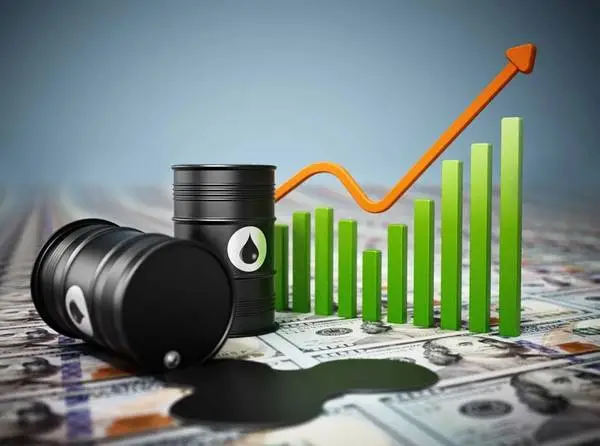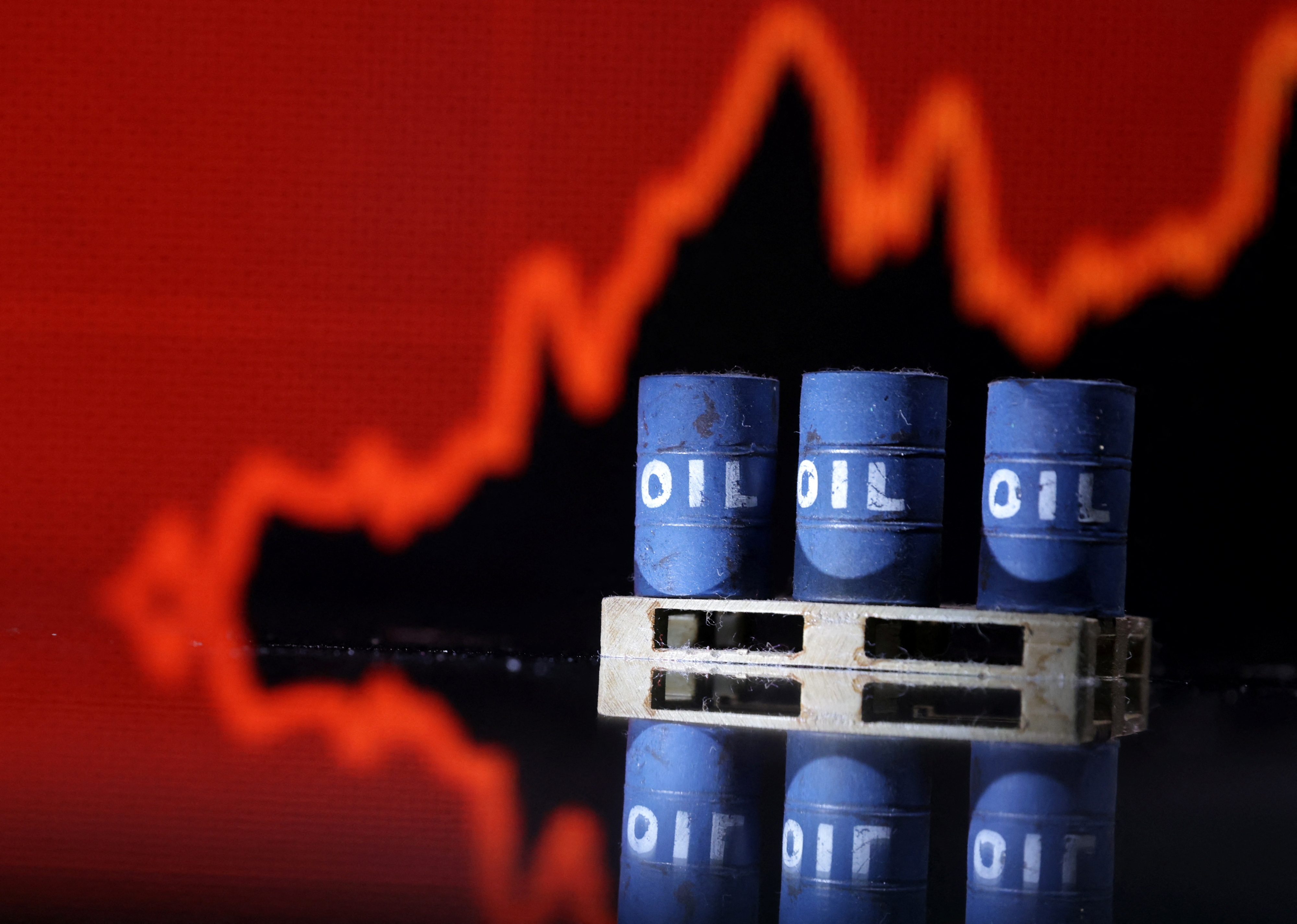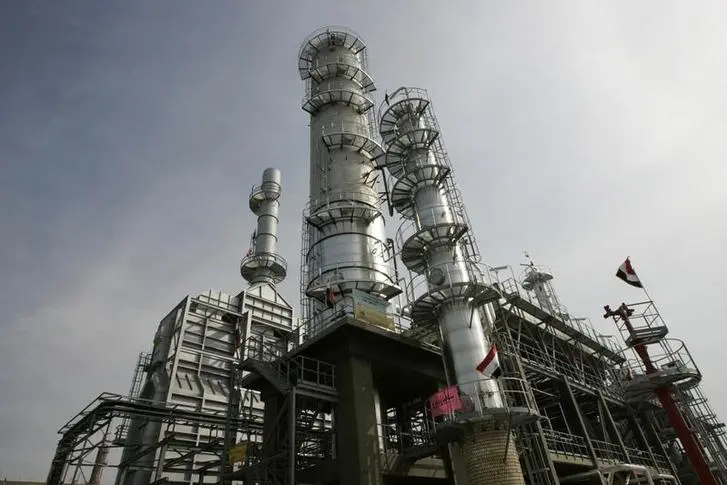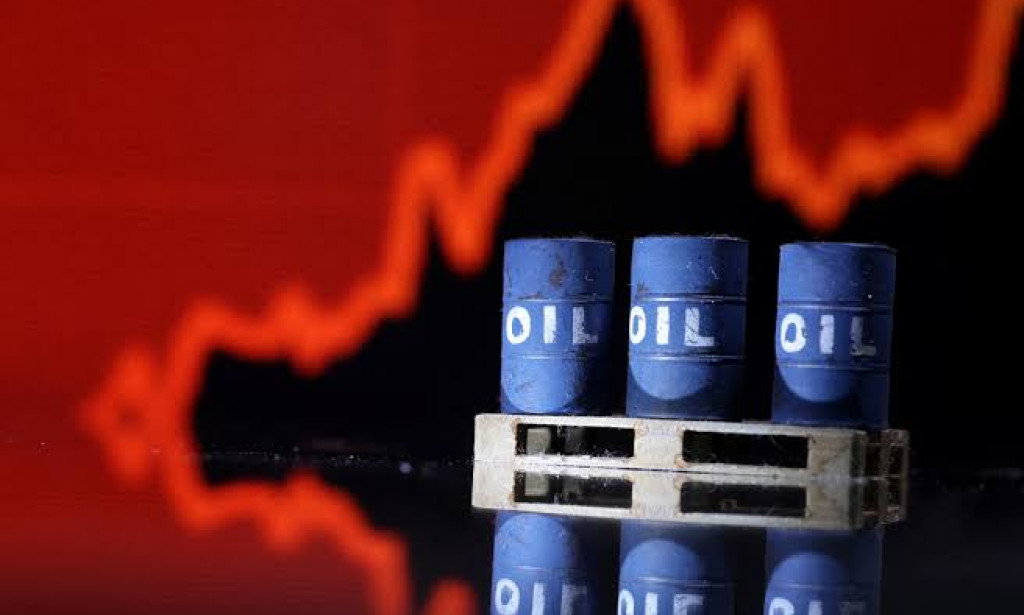Oil Prices Rise 2% After US, Britain Strike Houthi Targets
Oil prices surged by 2% after the United States and Britain carried out strikes against Houthi targets in Yemen. This development has increased concerns about potential disruptions to oil supplies in the Middle East, a key region for global energy production. Here’s a breakdown of the situation, its impact on oil prices, and what it means for the global economy.
Why the Strikes Happened
The strikes were reportedly a response to escalating tensions in Yemen, where the Houthi group has been involved in a prolonged conflict. The U.S. and Britain targeted Houthi forces to counter their growing influence and activities in the region.
- Houthi Role: The Houthis, backed by Iran, control parts of Yemen and have been accused of threatening oil shipping routes in the region.
- Strategic Location: Yemen’s location near the Bab-el-Mandeb Strait, a vital oil shipping lane, makes any instability there a major concern for global oil markets.
Immediate Impact on Oil Prices
-
Sharp Increase in Prices:
After news of the strikes broke, Brent crude rose by 2% to $85.50 per barrel, while West Texas Intermediate (WTI) crude climbed to $82.30 per barrel. -
Market Uncertainty:
Geopolitical tensions often lead to a rise in oil prices as investors fear potential supply disruptions. The strikes heightened concerns about the security of oil shipments from the Middle East.
Volatility in Energy Markets:
Traders are bracing for more volatility as the situation in Yemen evolves. Any escalation in the conflict could push prices even higher.
Why the Middle East Matters for Oil
-
Major Oil Exporting Region:
The Middle East accounts for a significant portion of the world’s oil production. Countries like Saudi Arabia, Iraq, and Iran are major suppliers, and any disruption in the region can impact global markets. -
Key Shipping Routes:
The Bab-el-Mandeb Strait and the Strait of Hormuz are two critical chokepoints for global oil transportation. Instability in these areas can disrupt shipping and reduce supply. -
Global Dependence:
Many countries, including the U.S., China, and European nations, rely heavily on Middle Eastern oil. This dependence makes the region’s stability crucial for the global economy.
What Higher Oil Prices Mean for the World
-
Increased Fuel Costs:
Rising oil prices directly impact the cost of fuel, making transportation and energy more expensive for consumers and businesses. -
Pressure on Inflation:
Higher energy costs contribute to inflation, which is already a concern in many countries. Central banks may face challenges in managing economic growth while keeping inflation under control. -
Economic Slowdown Risks:
If oil prices remain high for an extended period, it could slow down global economic growth, especially in energy-importing nations.

Reactions from Key Players
-
U.S. and Britain:
Officials from both nations stated that the strikes were necessary to ensure regional stability and protect global oil supplies. -
Houthi Response:
The Houthis condemned the strikes, raising concerns that they might retaliate, potentially escalating the conflict further. -
Global Markets:
Stock markets reacted cautiously to the news, with energy companies seeing gains but broader markets showing mixed results.
What’s Next?
The situation in Yemen remains fluid, and its impact on oil markets will depend on whether the conflict escalates or stabilizes. Key factors to watch include:
- Response from Houthi Forces: Any retaliatory actions could heighten tensions and push oil prices higher.
- Role of Major Oil Producers: Countries like Saudi Arabia and the UAE may increase production to stabilize markets if prices rise too sharply.
Global Diplomatic Efforts: International pressure to de-escalate the conflict could help reduce market fears.
Conclusion
The 2% rise in oil prices after the U.S. and Britain’s strikes on Houthi targets underscores how sensitive global energy markets are to geopolitical events. As tensions in Yemen continue, the risk of further price increases remains. For now, consumers and businesses must prepare for higher energy costs, while policymakers focus on managing the economic fallout of these rising prices.



You must be logged in to post a comment.